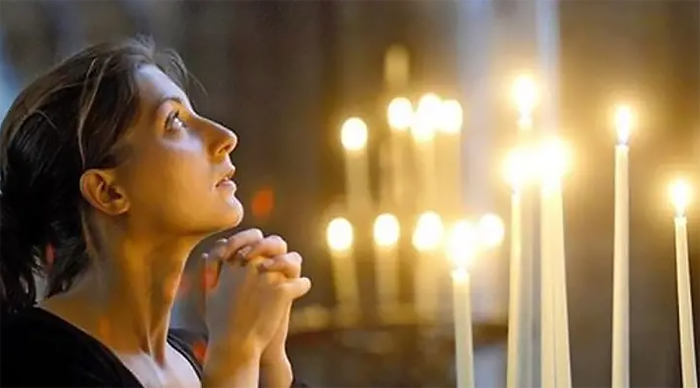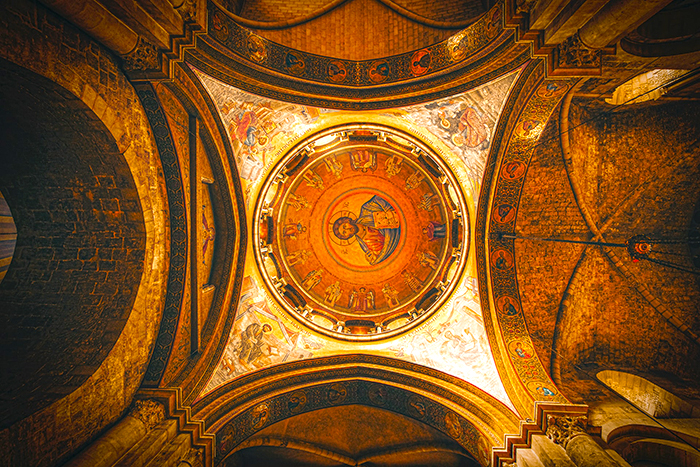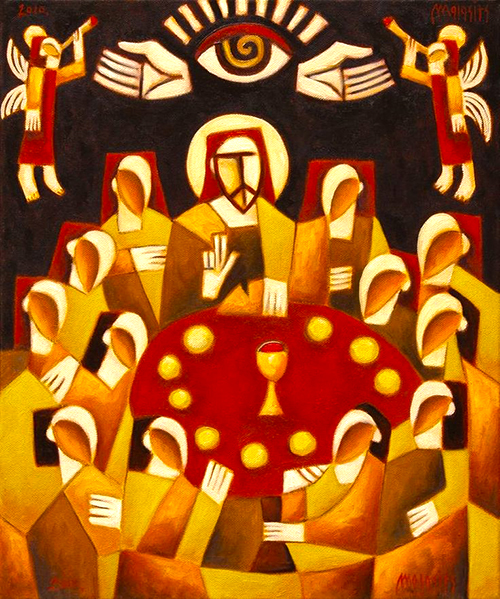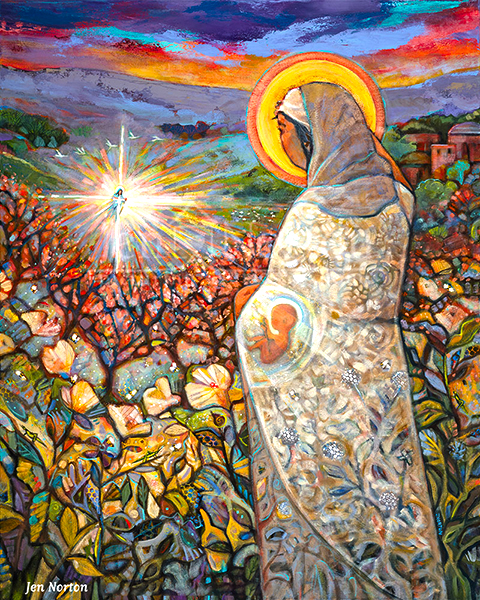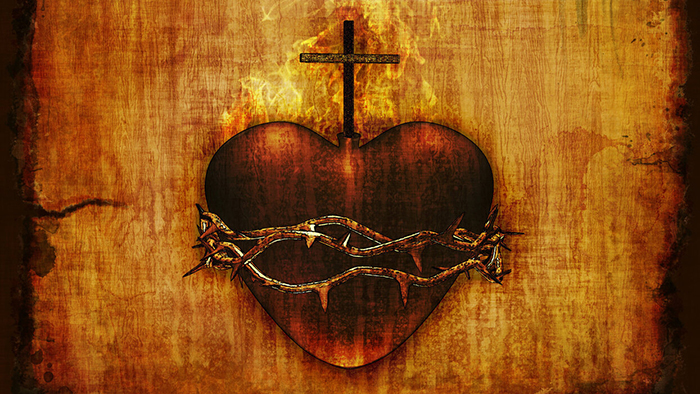
What made Jesus’ sacrifice, his handing himself over, so special? Fr. Rolheiser writes that we have focused too much on the physical aspects of the crucifixion to the detriment of what was happening more deeply, underneath. None of the gospels emphasize the physical sufferings, nor indeed, in the fears he expresses in conversations before his death, does Jesus. What the gospels and Jesus emphasize is his moral loneliness, the fact that he was alone, betrayed, humiliated, misunderstood, the object of jealousy and crowd hysteria, that he was a stone’s throw away from everyone, that those who loved him were asleep to what was really happening, that he was unanimity-minus-one. What made his death so special is that, inside of all the aloneness, darkness, jealousy, misunderstanding, sick crowd hysteria, coldness, and murder, he held out, he gave himself over, without bitterness, without self-pity, holding his ideals intact, gracious, respectful, forgiving, without losing his balance, his meaning, or his message. That’s the ultimate test and we face it daily in many areas of our lives. Jesus’ sacrifice was so special because, long after the clock had run out on everything and there seemed no reason left to wait for anything, he still held on, to his ideals, his balance, his gracious, his forgiveness, and his love.
The struggle to do that, to remain faithful, is the real drama inside the death of Jesus and in the end it is a struggle of the heart, not the body.


